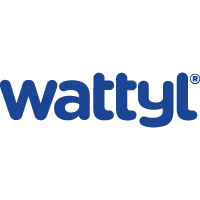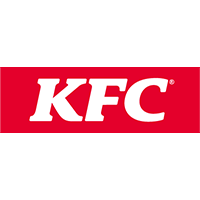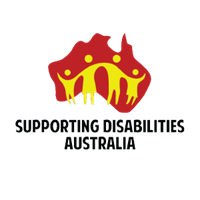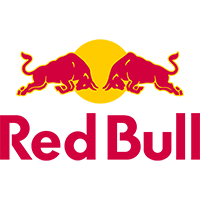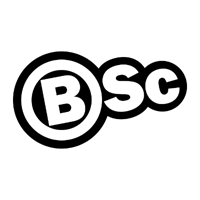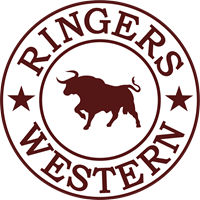The NSWRL is looking at ways for players to move freely between the NRL and the NSW Cup next season, including players having COVID-19 tests.
The move comes after the NSWRL recently announced the NSW Cup would return in 2021 after it was suspended this season because of the coronavirus pandemic.
“We’ve been talking to the NRL a lot about that (shifting players between competitions), and the most appealing alternative is that an NRL player will train all week in a bubble with his NRL team, then he will come out of the bubble on the weekend to play second tier,” NSWRL Chief Executive David Trodden said.
“Then the player will be required to have a negative COVID test before re-entering the bubble on Monday the following week and that process will be repeated for as long as it needs to be repeated.
“I think if we observe that sort of protocol and community infections stay low, it's going to be possible to manage these things satisfactorily without the integrity of the NRL competition being affected.”
Other major competitions planned for 2021 include the Harvey Norman NSW Women’s Premiership, Jersey Flegg Cup, a Presidents Cup knockout competition which will involve teams from the Ron Massey Cup (Central Conference), Newcastle (Northern Conference) and Illawarra (Southern Conference), and the Sydney Shield.
The Junior Representative season will also be back in full swing with the SG Ball Cup (19s), Harvey Norman Tarsha Gale Cup (19s), Harold Matthews Cup (17s), Laurie Daley Cup (18s) and Andrew Johns Cup (16s).
“It’s been really well received (the return of NSWRL’s elite competitions),” Trodden said.
“People haven't realised how important those pathways competitions are until they haven't been there, particularly the second-tier competition.
“Everybody understands the reasons why we cancelled them when we had to cancel them, but them not being there has emphasised how important it is to have somewhere that the excess NRL players can go every week.”
In planning how to manage Junior Representative and major competitions in a COVID environment, there is plenty that has been learned not only from the 2020 NRL campaign, but also the senior NSWRL competitions that were played this season – the Presidents Cup and Sydney Shield.
“From the competitions we did run this year, one thing that has done is give everyone a confidence that you can actually play sport really safely observing the proper protocols in a COVID environment.
“Everybody wants things to be as close to normal as they can and those pathways competitions are an essential part of the rugby league ecosystem, and without them there’s something missing.
“I think we’ve learnt a lot ourselves with the protocols that our competitions have followed.
“One thing that we did take particularly from the Presidents Cup competition that we ran this year, is that it's good not to be constrained by old ways of thinking in terms of how you set competitions up and that you should always be looking for new and innovative ways to construct competitions, particularly now that we have a single governing body in the game in the state.”
The process for deciding when the NSWRL’s elite competitions would return in 2021 wasn’t difficult due to a significant drop in COVID infection rates and the lack of community transmission throughout NSW, giving the organisation great confidence in getting the season back underway.
“I think that everybody wanted them to be back,” Trodden said.
“The biggest variable really is rates of infection and over the last six weeks or so we've reached a real period of stability with low infection rates.
“So hopefully once people get to that position where infection rates seem to be quite manageable then everybody is keen to see competitions happening again. Hopefully they stay that way and we will be able to get through the season with minimal ‘bubble’ restrictions on people.”
The most important aspect of the returning NSW Cup and Junior Representative competitions, however, is that aspiring players will have a game to play in 2021, particularly those who have been unable to compete for longer than 12 months.
“People massively underestimate the psychological impact on players who have not been able to play,” Trodden said.
“There’s a physical component to the sort of preparation to play NRL every week, but I think there’s a real issue of isolation within a group when you have people who are training every week but then not being in the top 17 and going through the whole season not playing.
“That has an enormously negative effect on people I think – training but without being able to have any form of release on the weekend.”





